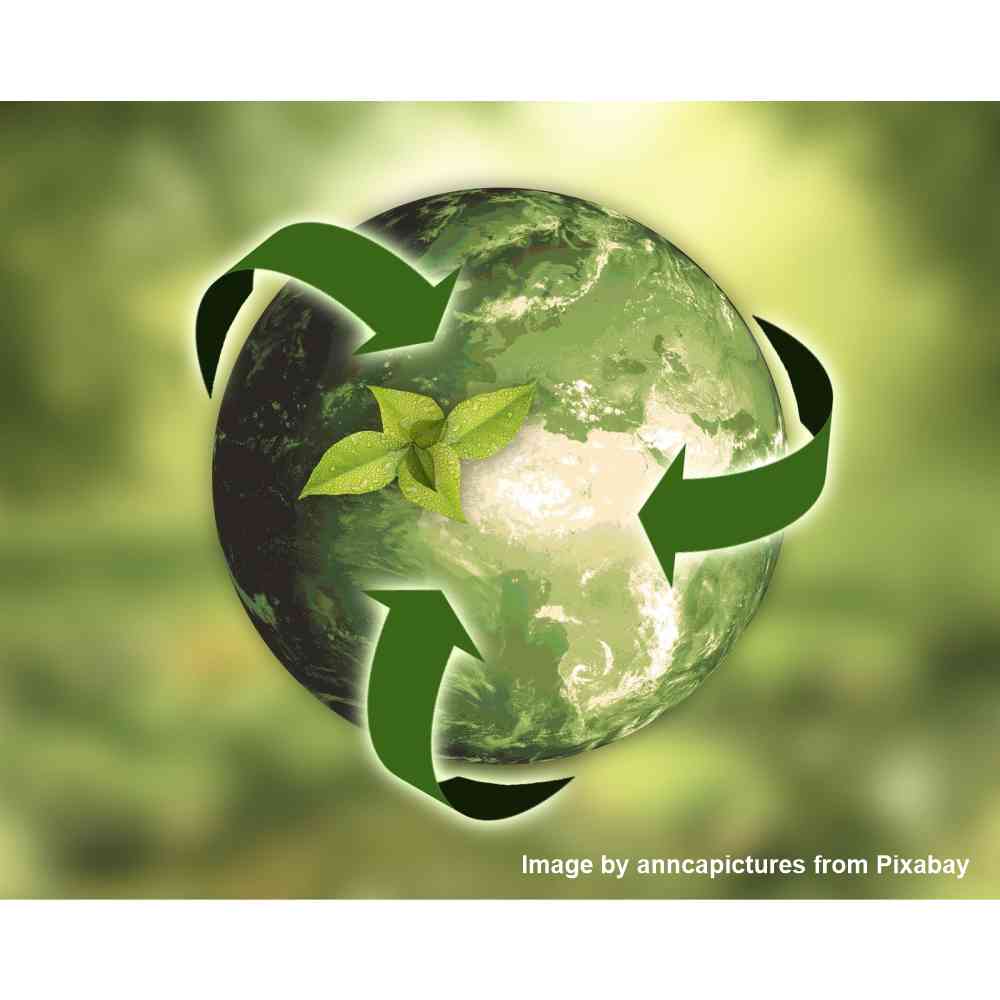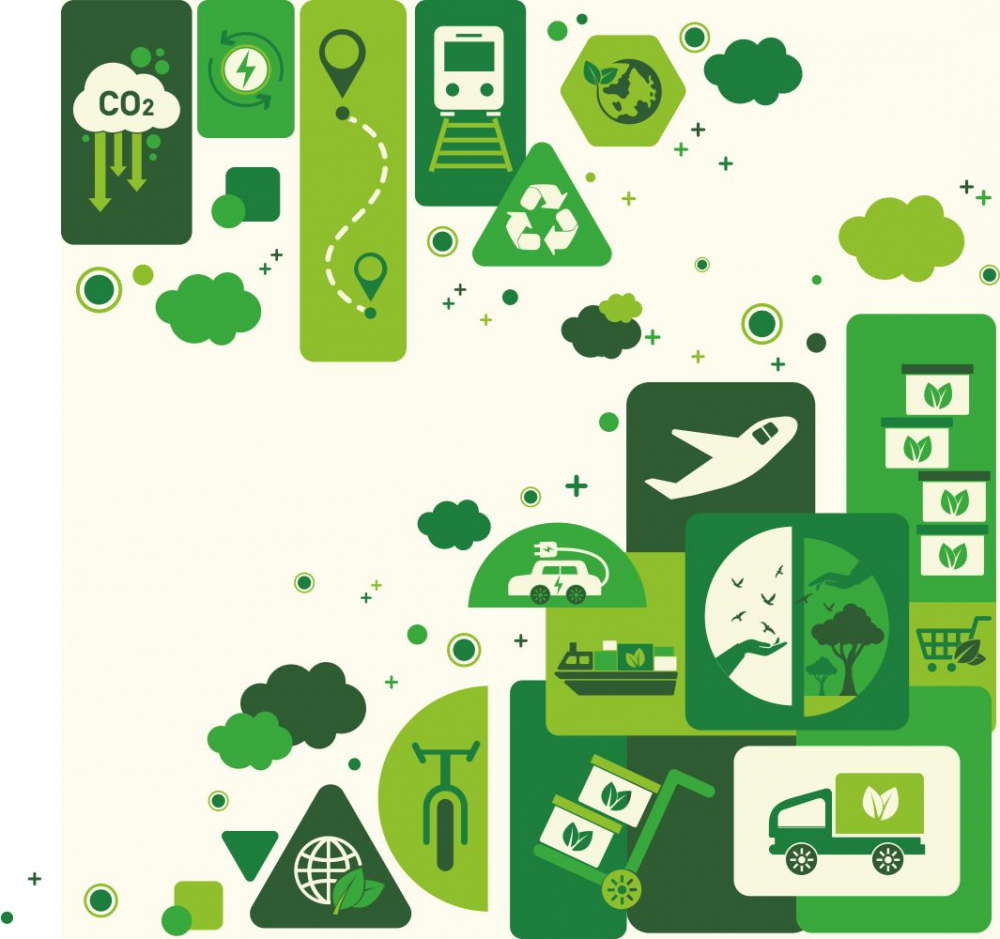Time & again, we are discussing & debating over the climate change issues. Still the companies and consumers are not able to come to sustainable ways of life and that's what is putting our natural resources in jeopardy. Yes, at forums and annual meetings, companies do take pledges to report on climate change measures, yet in reality, they fail to adhere to those targets and the same is true with consumers who admittedly and ignorantly have been wasting natural resources. Leading research agencies and climate change NGOs have been stringent over the years, but the process has been extremely slow and laid back.
The good news is companies have started taking baby steps in their righteous way but that's not enough. We need more frontrunners to inspire laggards and push them in this journey. I would like to present to you two of the major sustainable reforms being made by globally leading companies in their respective sectors...
Blue Dart in its drive to reach its target of Zero Emission by 2050 has been taking various initiatives. In this reference, Smart Trucks is an 'intelligent' pick-up and delivery vehicle that combines a number of innovative technologies including a route planner. Smart Truck reduced the number of miles travelled by 15% and length of average route by 8%, reducing both fuel consumption and CO2 emissions. Currently implemented in Bengaluru, Chennai, Hyderabad, Kolkata and Mumbai, Smart Truck technology is designed to provide solutions to urban logistic challenges such as traffic restrictions, density and clogging, while ensuring environmental protection and fulfilling customer needs for on-time delivery.
In addition, it has also come up with GoGreen Carbon Neutral Service (CNS), which allows customers to neutralize their carbon footprint by paying a marginal offset charge over and above their shipping rates. The offset charge is calculated on shipment / weight. Carbon emissions from customer shipments are offset by reinvesting in environmental protection projects verified by SGS (Societe Generale de Surveillance), a United Nations independent auditor.
Similarly, efforts taken by ABB in sustainable drive are worth mentioning. It implemented a dedicated Supplier Sustainability Development Program (SSDP) to raise awareness and take engagement forward in the area of sustainability. SSDP follows the approach of training, onsite assessment to identify areas of improvement and continuous monitoring. It assesses business performance on 42 parameters, linked to its Supplier Code of Conduct, broadly classified under the areas of general management, working conditions, health, safety and environment and associated key local regulatory requirements. Special training material is developed, which correlates local regulatory requirements with the 42 parameters. The suppliers are trained through a variety of face to face or remote training sessions. They are then visited to identify areas of improvement and remedial actions are implemented. Suppliers are also supported by a variety of specialized training and coaching sessions including topical trainings associated with some chronic challenges. Combination of all these measures make sure that supplier sustainability performance is always in focus and adherence is never compromised.
Such steps are quite incremental in nature and would greatly aid in conserving natural resources, which are a scarcity now. We would like to hear from our readers the sustainable paradigms they have taken in their organizations to help others take the green route.

Categories

Magazine Editions






















